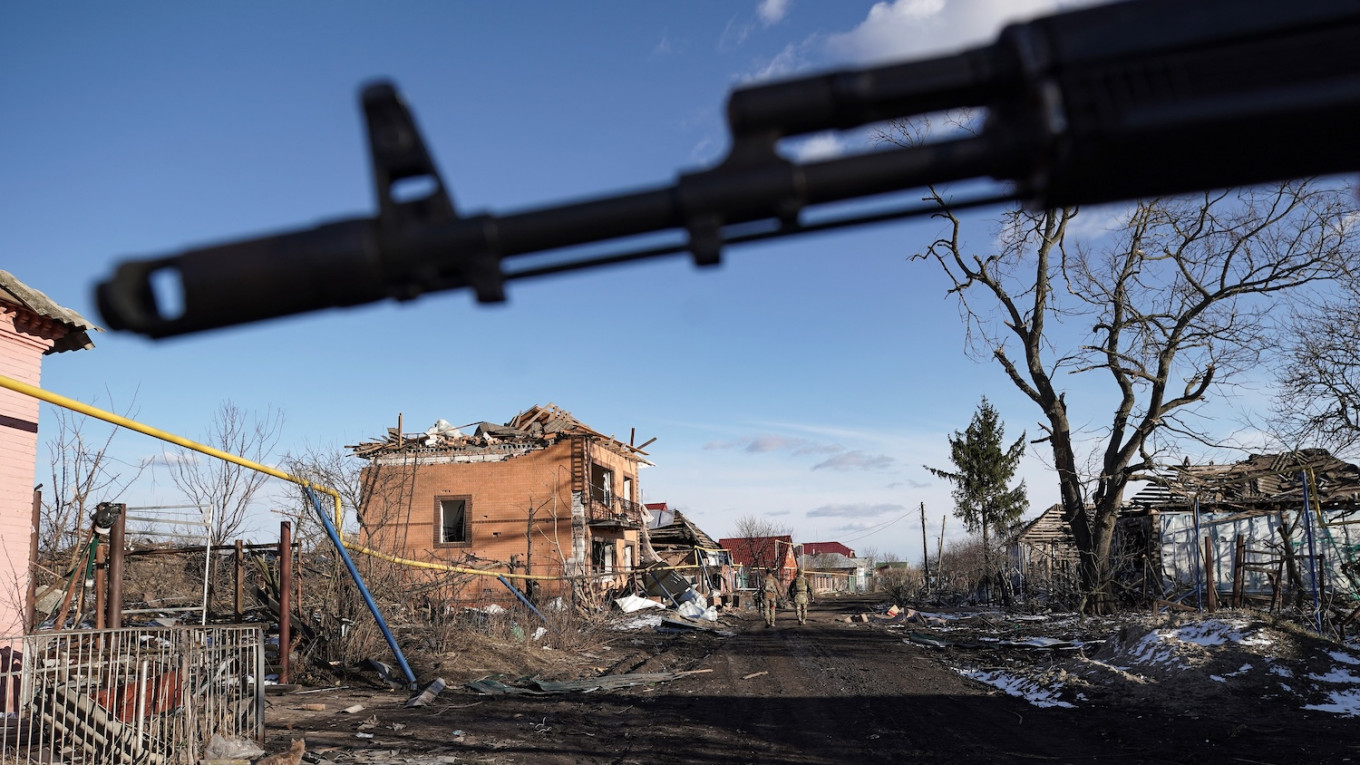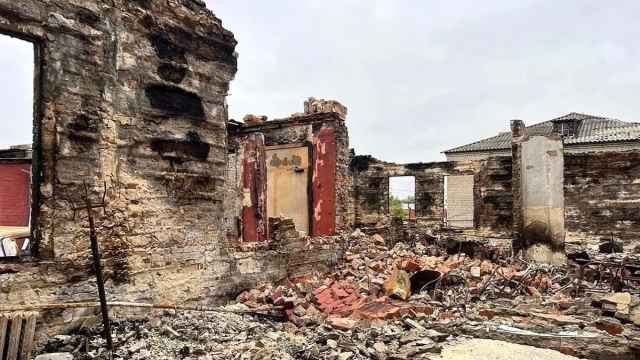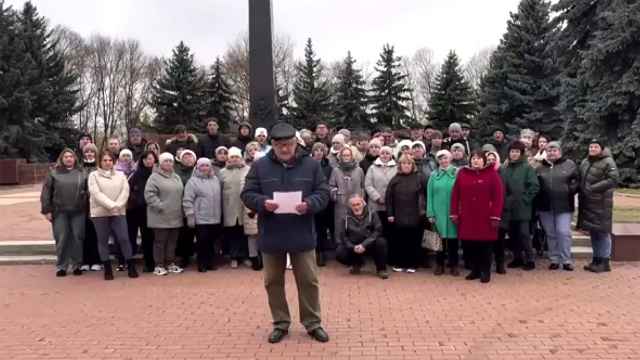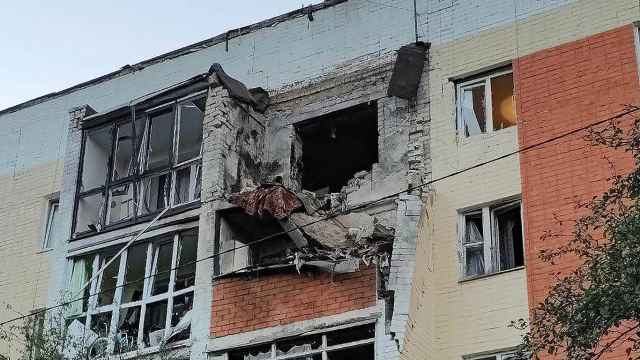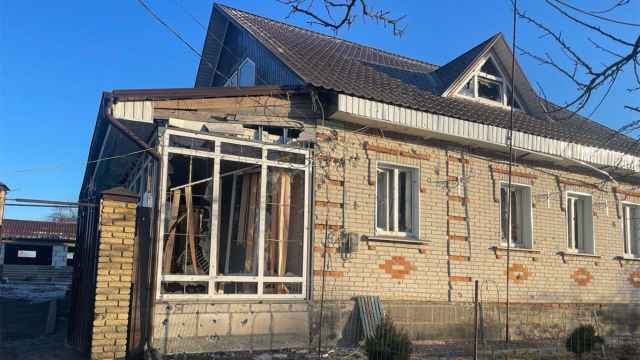Ukrainian President Volodymyr Zelensky on Sunday said Ukraine's army was still fighting in Russia's Kursk a day after Moscow claimed the "full liberation" of its western region.
"Our military continues to actively defend the designated areas of the Kursk and Belgorod regions," Zelensky said on Telegram, adding that the situation remained difficult in many areas, including Kursk.
Russia said on Saturday it had captured Gornal, the last settlement that was under Ukrainian control in its border Kursk region, where Kyiv launched a shock offensive in August 2024.
Yet hours later, Ukraine's army denied its forces had been forced out, branding Russia's claim as "propaganda tricks."
"The situation on the front lines and the actual activities of the Russian army prove that the current pressure on Russia to end this war is not enough," Zelensky said, calling to increase pressure on Russia to create more opportunities for "real diplomacy."
His comments come a day after Zelensky met U.S. President Donald Trump on the sidelines of Pope Francis' funeral at the Vatican to discuss a potential ceasefire.
After their brief talk in St Peter's Basilica, Trump cast doubt over whether Russian President Vladimir Putin wanted the more than three-year-long war to end.
Zelensky later described the exchange as a "very symbolic meeting that has the potential to become historic."
Kyiv had hoped it could use land in the Kursk region as a bargaining chip in future peace talks with Russia, which has seized parts of eastern and southern Ukraine since launching its offensive in February 2022.
Russian Chief of Staff Valery Gerasimov especially praised the "heroism" of the North Korean soldiers who fought in the Kursk campaign, admitting their participation in the conflict for the first time.
Several Russian military bloggers who closely monitor the conflict said fighting was still ongoing around the forests on the border between Russia and Ukraine.
A local Russian army commander in Kursk also said the army was still conducting operations in the region, according to a state TV broadcast aired on Sunday.
A Message from The Moscow Times:
Dear readers,
We are facing unprecedented challenges. Russia's Prosecutor General's Office has designated The Moscow Times as an "undesirable" organization, criminalizing our work and putting our staff at risk of prosecution. This follows our earlier unjust labeling as a "foreign agent."
These actions are direct attempts to silence independent journalism in Russia. The authorities claim our work "discredits the decisions of the Russian leadership." We see things differently: we strive to provide accurate, unbiased reporting on Russia.
We, the journalists of The Moscow Times, refuse to be silenced. But to continue our work, we need your help.
Your support, no matter how small, makes a world of difference. If you can, please support us monthly starting from just $2. It's quick to set up, and every contribution makes a significant impact.
By supporting The Moscow Times, you're defending open, independent journalism in the face of repression. Thank you for standing with us.
Remind me later.


